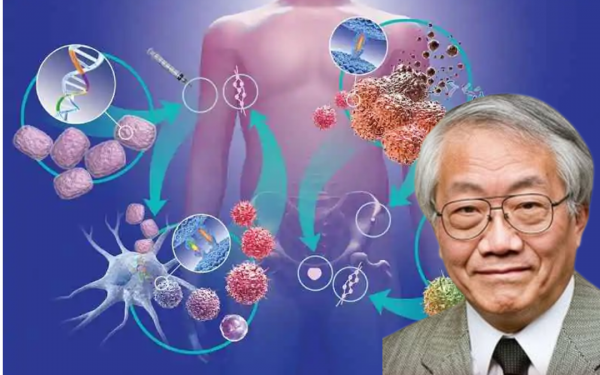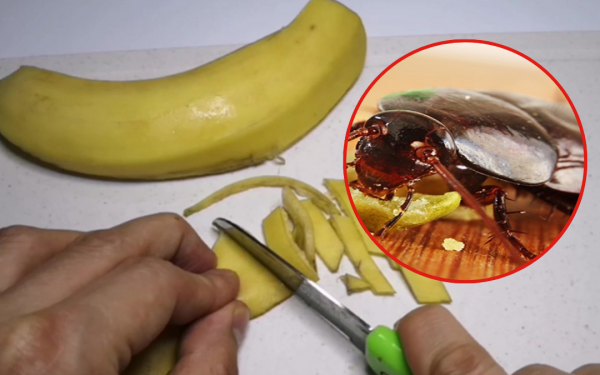Breakthrough: Found a way to transform can:cer cells back to normal
Professor Kwang-Hyun Cho from the institute's Department of Brain and Bioengineering is leading the new approach, which marks a significant change from conventional cancer treatments that kill cancer cells, often resulting in side effects and a risk of relapse, according to News Medical.

The ability to transform cancer cells back into healthy cells is an amazing phenomenon, Professor Cho said. This study demonstrates that such a reversal can be achieved systematically.
The researchers explained that studies on hepatocellular carcinoma, breast cancer and acute myeloid leukemia have demonstrated that this reversal can be achieved by forcing tumor cells to transform.
Research Could Lead to New Cancer Treatments That Minimize Side Effects and Reduce Recurrence
The goal of conventional cancer treatments is to kill cancer cells. While this current approach is often successful, it has two major drawbacks: the potential for cancer cells to become resistant to the drugs and relapse, as well as damage to healthy cells that can cause serious side effects.
The KAIST team took a completely different approach by targeting the root causes of cancer development. They created a digital replica of the gene network involved in the transformation pathways of normal cells, allowing them to simulate and analyze the complex gene interactions that regulate cell transformation. Through simulations, the team identified key molecular switches that could potentially revert colon cancer cells back to normal.
This research has profound implications, as it could lead to new cancer treatments that have the potential to reduce side effects and the likelihood of relapse. This innovative approach marks a major shift in cancer treatment, opening the way for safer and more effective therapies, according to News Medical.

















